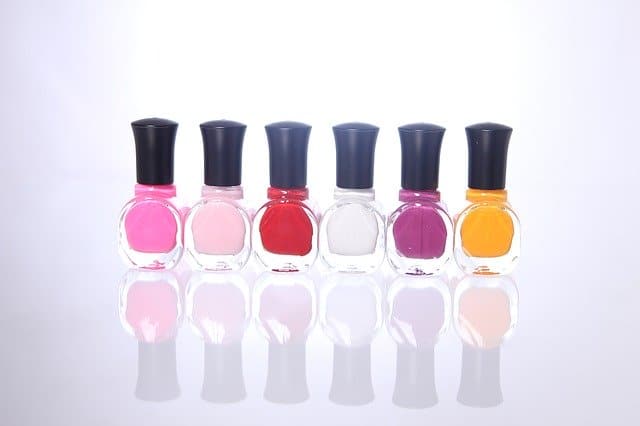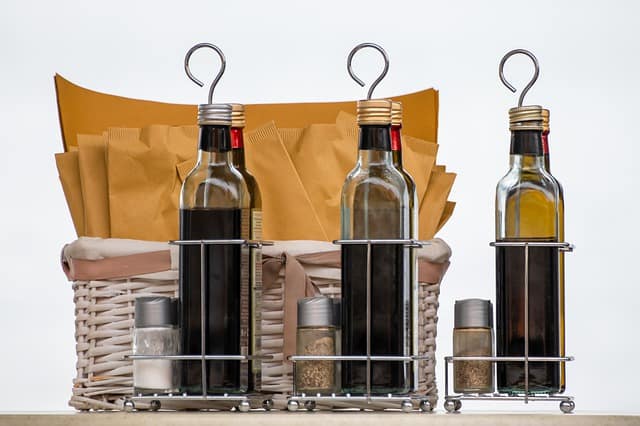Is There A Difference Between Silicone And Silicone Caulk?
If you’ve ever wondered about the distinction between silicone and silicone caulk, you’re not alone. Many homeowners, DIY enthusiasts, and construction professionals seek clarity on this topic.
Understanding the dissimilarities between these two sealants is essential for making informed decisions when it comes to various projects and applications. In this post, we’ll explore the differences between silicone and silicone caulk, providing you with a comprehensive answer to this common question.
The answer to whether there is a difference between silicone and silicone caulk is yes. While both are sealants, they serve different purposes and exhibit varying properties. Silicone, as a material, is highly versatile and flexible. It is used in various forms such as liquids, gels, rubbers, and resins across different industries.
Silicone boasts excellent heat resistance, water repellency, and electrical insulation properties, making it suitable for diverse applications. On the other hand, silicone caulk is a specific type of sealant made from silicone components. It is designed to provide flexible sealing for joints and gaps in construction, plumbing, and other projects. Unlike pure silicone, caulk may have other additives that impact its flexibility and performance.
Silicone Advantages
- Flexibility: Silicone sealants can expand and contract freely, accommodating movement and temperature fluctuations.
- Water and Weather Resistance: They are highly water-repellent, making them effective in preventing water infiltration.
- UV Resistance: Silicone sealants can withstand prolonged exposure to sunlight without degrading.
- Electrical Insulation: Suitable for sealing electrical connections and components, protecting them from moisture.
- Longevity: Silicone sealants tend to have a longer service life compared to some alternatives.
Silicone Caulk Advantages
- Flexibility: Provides a flexible seal for joints and gaps in construction, plumbing, and home repairs.
- Waterproofing: Effectively seals gaps to prevent water leaks and related damage.
- Easy Application: Typically sold in tubes and applied with a caulk gun, making it convenient for DIY projects.
Uses and applications of both silicone and silicone caulk
To elaborate further, let’s delve into the specific uses and applications of both silicone and silicone caulk:
Silicone Applications
- Construction and Building: Silicone is widely used in construction for sealing gaps around windows, doors, roofs, and walls. Its flexibility allows it to accommodate the movement of building materials and prevent air and water infiltration.
- Automotive: In the automotive industry, silicone sealants are used for sealing windshields, windows, and other components to prevent water and air leaks.
- Plumbing: Silicone is commonly employed in plumbing applications to create watertight seals around pipes, faucets, and fixtures, preventing water leaks.
- Electronics: Its electrical insulating properties make silicone ideal for protecting electrical connections and components from moisture and contaminants.
- Marine: In marine settings, silicone sealants are used for waterproofing boats, yachts, and various marine equipment.
Silicone Caulk Applications
- Tile and Grout: Silicone caulk is commonly used in bathrooms and kitchens to seal gaps between tiles and countertops, providing a neat and clean finish.
- Concrete and Masonry: It is employed to fill cracks and gaps in concrete and masonry structures, preventing water penetration.
- Weatherproofing: Silicone caulk can be applied to gaps around windows and doors to create a weather-resistant seal against drafts and elements.
FAQs – Silicone and Silicone Caulk
1. Is silicone caulk safe for food contact?
While silicone itself is generally considered safe for food contact, not all silicone caulk products are approved for such applications. Some formulations may contain additives that could be harmful if ingested. When using silicone caulk in areas like kitchen countertops or food storage containers, it’s crucial to choose food-grade products explicitly labeled as safe for food contact.
2. Can silicone caulk be used on outdoor projects?
Yes, silicone caulk is commonly used for outdoor projects due to its excellent weather resistance and durability. It can effectively seal gaps and joints in exterior surfaces, providing protection against water and air infiltration. When using silicone caulk outdoors, be sure to choose a product labeled for outdoor use to ensure optimal performance.
Conclusion
In conclusion, silicone and silicone caulk are two distinct sealants with unique properties and applications. Silicone, in its various forms, is known for its flexibility, water repellency, UV resistance, and electrical insulation properties.
On the other hand, silicone caulk is specifically designed for flexible sealing in construction, plumbing, and home repair projects.
Understanding the differences between these two materials allows us to choose the most suitable sealant for specific applications, ensuring effective and long-lasting seals in various projects.





